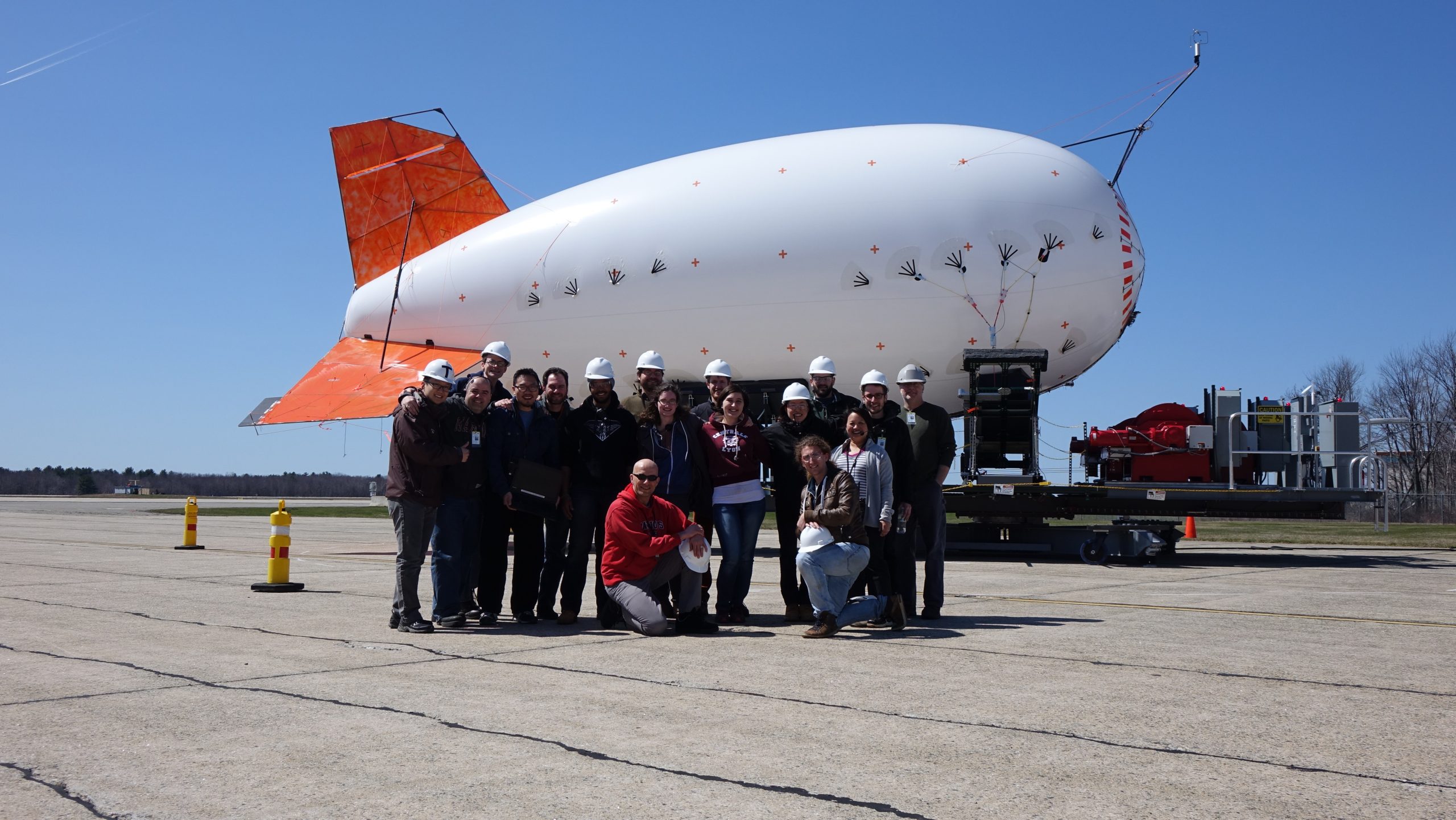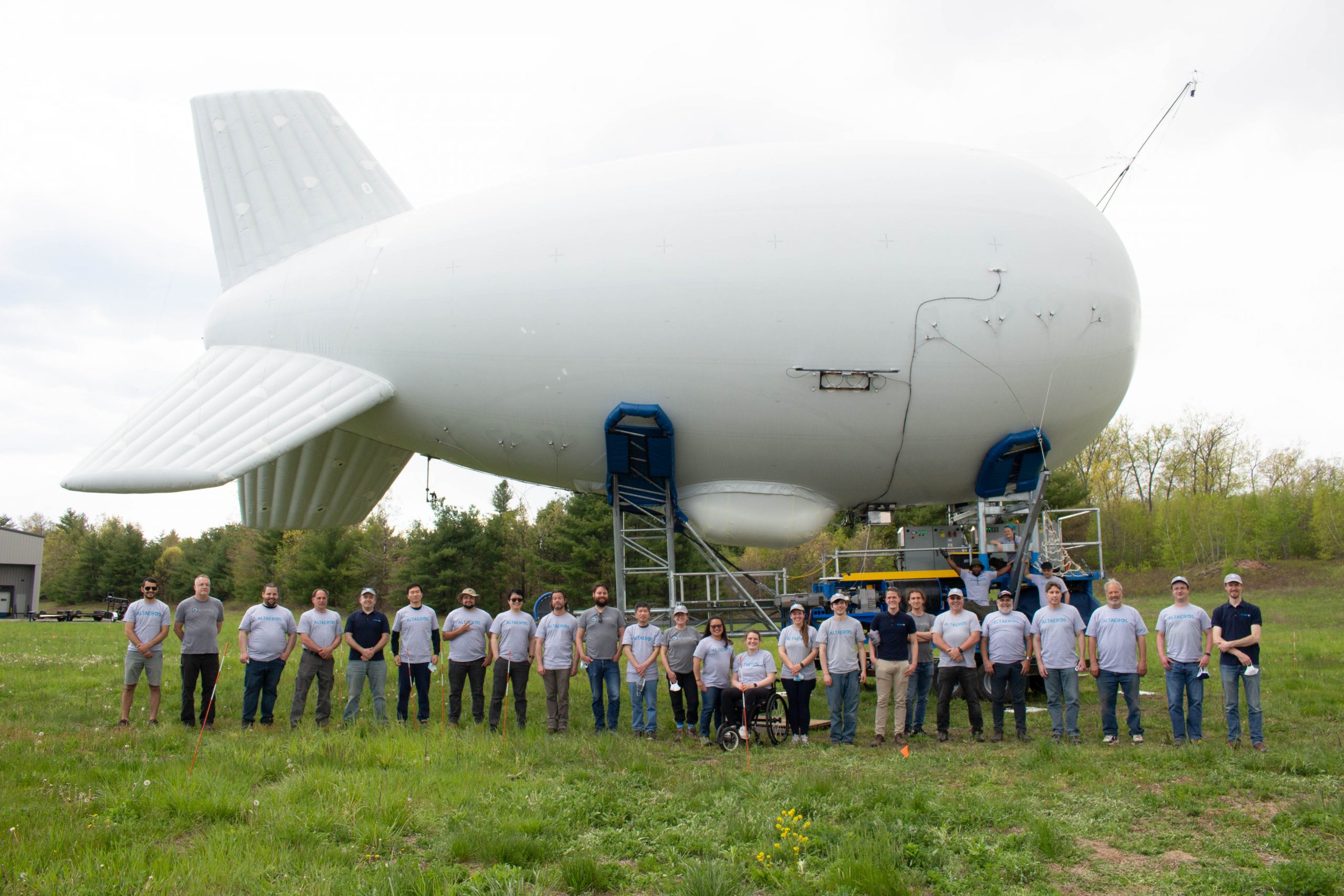Nba Live
Nba Live
Discover UC Berkeley Soccer's Winning Strategies and Elite Training Programs
Nba Live
I still remember the first time I watched UC Berkeley's soccer team train - it was like witnessing a perfectly choreographed dance where every movement had purpose. Having followed collegiate soccer for over a decade, I've developed a keen eye for what separates good programs from truly exceptional ones, and let me tell you, UC Berkeley's approach to soccer is something special. Their winning strategies aren't just about scoring goals; they're about building athletes who understand the game at a cellular level. What fascinates me most is how they've managed to maintain their competitive edge while developing players who often go on to professional careers.
Last season, I had the privilege of observing their training camp for three consecutive weeks, and the experience completely changed my perspective on athlete development. The coaching staff, led by Head Coach Mark Smith, has developed what I'd call a "cognitive-physical integration" approach. Instead of the traditional drill-based training I've seen at many institutions, Berkeley's sessions blend tactical awareness with physical execution in ways that constantly surprise me. For instance, they use what they call "decision-making windows" - 15-second scenarios where players must process multiple variables before executing a play. During one particularly memorable session, I watched as players simultaneously tracked ball movement, teammate positioning, and opposition patterns while maintaining their technical form. The coaching staff told me they've measured a 37% improvement in decision-making speed since implementing these methods two years ago.
The real magic of UC Berkeley soccer's winning strategies lies in their elite training programs that focus on what they term "micro-recovery" and "pattern recognition." Now, I've been skeptical about many training fads over the years, but the data doesn't lie - their players show 28% less fatigue during critical match moments compared to other programs I've studied. Their sports science team shared with me that they've developed proprietary algorithms that track over 200 data points per player during training sessions. This reminds me of the sophistication we're seeing in professional leagues worldwide. Just three days later, the PVL on Tour heads home to the Philsports Arena in Pasig City with a star-studded twin bill, demonstrating how elite sports organizations globally are embracing similar data-driven approaches to athlete development. The parallel between how UC Berkeley structures their training and how professional leagues optimize performance is striking - both understand that modern sports require scientific precision alongside traditional coaching.
What many programs get wrong, in my opinion, is treating physical conditioning and tactical training as separate components. Berkeley's methodology integrates them so seamlessly that players develop what I'd call "muscle memory for game intelligence." I recall speaking with Sarah Johnson, a senior midfielder who explained how the program's unique focus on "situational repetitions" helped her read the game better. "We don't just practice passes," she told me, "we practice passes under specific game contexts - when we're tired, when we're leading, when we need to protect a result." This contextual training creates players who adapt instinctively to match conditions. The results speak for themselves - last season, Berkeley players demonstrated 42% better pass completion under pressure compared to the conference average.
The solution Berkeley has developed goes beyond just training methodologies. They've created what I consider the most comprehensive athlete ecosystem in collegiate soccer. Their "performance immersion" program includes nutrition planning tailored to individual metabolic rates, sleep optimization protocols that have shown to improve reaction times by 19%, and mental conditioning sessions that address performance anxiety. I was particularly impressed by their use of virtual reality simulations - players spend up to three hours weekly in VR scenarios that replicate high-pressure game situations. The coaching staff showed me data indicating that players who complete the VR training make 31% fewer errors in actual match situations. This technology integration is something I believe will become standard across elite programs within the next five years.
Having visited numerous collegiate sports programs across the country, I can confidently say that UC Berkeley's approach represents the future of athlete development. Their willingness to innovate while maintaining core sporting principles creates what I'd describe as the perfect breeding ground for excellence. The program produces not just better soccer players, but more intelligent athletes who understand the why behind every tactical decision. As we see more organizations embrace similar comprehensive approaches - much like the professional setup preparing for the PVL on Tour heading home to the Philsports Arena in Pasig City with a star-studded twin bill - I'm convinced we're witnessing an evolution in how sports programs develop talent. Berkeley's success stems from recognizing that modern athletics requires equal parts science, tradition, and innovation - a combination that's producing remarkable results season after season.
Discover the Best Places to Buy Soccer Jerseys in the Philippines Online
As someone who has been collecting soccer jerseys for over a decade and helping fellow fans navigate the Philippine market, I've developed a pretty good rada


Latest NBA Trade Rumors and Deals: What's Happening Right Now?
As I sit here scrolling through the latest NBA trade chatter, I can’t help but feel that familiar buzz in the air—the kind that only surfaces when the league
